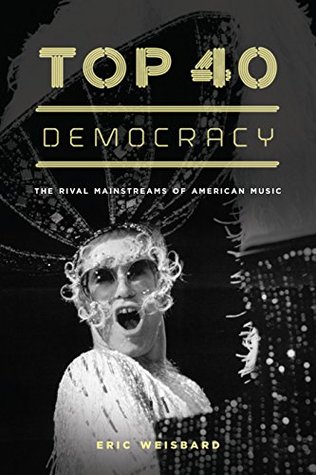Yet postindustrial trends after the early 1970s worked to widen wealth gaps. Neoliberalism, the notion that privatization unleashed productivity, favored yuppie and New Economy ideals of personalized consumption.29 Here, one shopped to become different, not to validate a mass or group identity. Already divided against itself by genre/format and rock/pop dualities, the system of radio and records that peaked in the 1970s came under siege from these trends—advertiser insistence on reaching affluent buyers in the 25–54 category clashed with much of the pop music core audience. Top 40 itself, the
...more
Welcome back. Just a moment while we sign you in to your Goodreads account.


